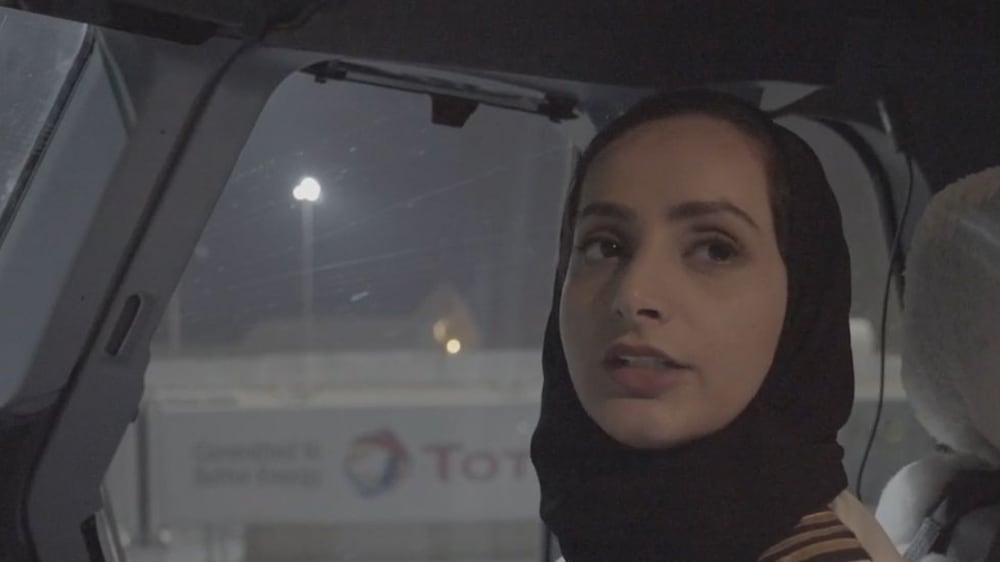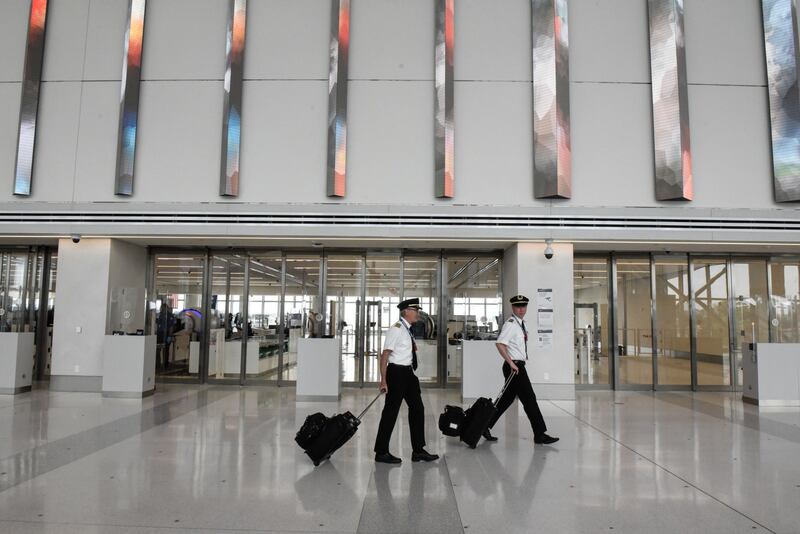More than three quarters of the world's airline pilots are flying again as travel demand rebounds from the pandemic, but many are unhappy with their jobs because of concerns about salaries, a survey has found.
The poll by UK-based Goose Recruitment and industry publication FlightGlobal, of 1,184 pilots during the fourth quarter of 2022, showed that 77 per cent of those surveyed were flying.
This marked an increase from 62 per cent in the same period of 2021 and 43 per cent in 2020.
Airlines are on a hiring spree for pilots and cabin crew as passenger demand for travel comes roaring back after two years of a pandemic-induced slowdown that forced mass layoffs and furloughs of aviation workers.
Many airlines, particularly in North America, were having difficulty in recruiting flight crew due to fierce competition for these professionals amid an unexpectedly strong recovery.
Etihad pilot Aisha Al Mansoori becomes UAE’s first female captain

However, the survey results reflect pilots' dissatisfaction with salary levels, suggesting “a community still in trauma and having to adjust career expectations after the collapse in air travel when government restrictions enforced Covid-19 restrictions,” the report said.
More than half of the pilots surveyed did not get a salary increase for five years, while one in three have seen their pay fall, the survey showed.
Only 15 per cent of pilots said their salary was in line with the rising cost of living, while nearly 70 per cent said current pay levels would push aviation professionals to leave the sector.
Asia-Pacific was the worst affected region when it comes to pay, with 48 per cent of pilots reporting a pay cut.
By contrast, 73 per cent of pilots surveyed in North America reported higher salaries, driven by a strong travel recovery in their region.
Globally, 63 per cent of pilots polled said they want to change jobs in the next 12 months, including 65 per cent of captains — the highest level in the four years of the survey. A better salary and benefits package was the main reason for seeking change, followed by an improved work-life balance.
Meanwhile, the figure of 62 per cent who said that, given the chance to start again, they would choose to become a pilot, also marked a low. Only 45 per cent said they would encourage young people to join the profession, another record low.
“Pilots will want to see their pay return to what it once was. I predict that 2023 will be a year with more remuneration crisis talks than ever before,” Mark Charman, founder and chief executive of Goose Recruitment, said.
With long-haul travel being slower to recover than domestic or regional segments, 57 per cent of respondents said they had to change the type of flying they do because of the pandemic. Many pilots of wide-body aircraft have had to transfer to single-aisle, regional or cargo jets, where pay is often lower.
Looking ahead, 89 per cent of respondents believe there will be a shortage of pilots over the next five years, up from 66 per cent in 2021.
The continuing global recovery, including in the long-haul market, will begin to drive up salaries as airlines compete for talent in short supply, according to the report.
Indeed, 52 per cent of pilots think salaries will increase over the next two years, the survey found.
Airlines around the world are on track to return to profit in 2023, after narrowing losses in 2022, as passenger demand continues to improve and Covid-19 restrictions ease, despite economic headwinds, the International Air Transport Association (Iata) has said.
The global industry is expected to collectively earn a net income of $4.7 billion in 2023 — the first time it will return to the black since 2019, when it recorded a profit of $26.4 billion — while revenue is projected to reach $779 billion, Iata said in its latest forecast in December.
Boeing in 2022 raised its 20-year global demand forecast for commercial airline pilots and other aviation workers by 3.4 per cent from 2021 as air travel recovers from the coronavirus pandemic with fleet expected to double during the period.
The US plane maker now projects a need for 602,000 pilots, 610,000 maintenance technicians and 899,000 cabin crew members to safely support the recovery in commercial air travel and staff the fleet over the next two decades, according to its latest Pilot and Technician Outlook (PTO).







